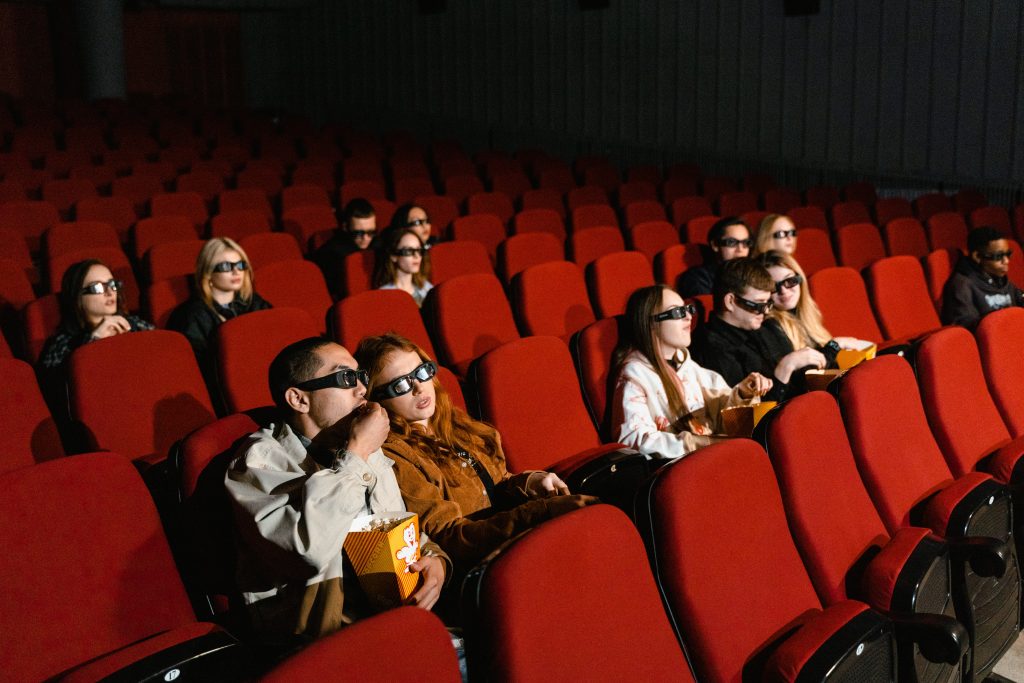Drinking Coffee Reduces The Risk Of Death By 24%
Drinking Coffee Reduces The Risk Of Death By 24%
Coffee is one of the most popular and ancient drinks on the globe. Millions of people start their day with a fucking cup of coffee with milk, sugar, cold water, lemon, and even salt (LOL). Its unusual taste and aroma generate real Coffeemania.
Coffee Is More Than a Drink
Not so long ago, two large research organizations from different parts of our planet have conducted a mass study of how damn coffee affects life expectancy.
Japan and Spain are two completely different countries; they decided to find out whether it is true that drinking coffee can prolong life. To do this, they needed to conduct large-scale research over a decade, in which more than 100,000 people from both countries jointly participated.
Both research companies provided similar results, despite the fact that people from absolutely different habitats, distinct cultures and nationalities took part in the study.
So here is what we have…
For this study, people of middle and older age were selected. These were mainly people from 40 to 69 years old from ten different prefectures in Japan.
It turned out that coffee really affects the duration of your shitty life! Statistics showed that people who drank at least a cup of coffee daily died 15 percent less often. Unlike those who did not drink coffee at all. And the risk of death for coffee drinkers who calmly drank 4 cups of coffee daily decreased by 24%.
Also, coffee had a very beneficial effect on the people’s diseases such as angina pectoris and heart attack. The difference was 36 percent, so it directly proves that coffee lovers have a healthier heart.
For respiratory diseases such as pneumonia, the risk is reduced by fucking 40 percent. And for vascular diseases of the brain such as stroke and intracranial hemorrhage, the percentage dropped to 43 percent. Can you believe that???
Also, scientists said that moderate drink consumption reduced the risk of Alzheimer’s by 20%. This conclusion is especially relevant since this disease is often called the plague of the XXI century.
The studies of Spanish scientists were not so global and they were carried out over the past ten years. Not so long ago, they presented their results to the Congress of the European Cardiology Society based on 20,000 objects of study from their country.
As in Japan, the same, middle-aged category of people participated in the study. All participants were over 30 years old. The indicators for ten years research showed much greater results than in Japan.
For example, for people who drank at least 4 cups of coffee a day, the risk of death was reduced by 64 percent. Which is almost 3 times more than Japanese. And for those people who did not indulge in a fragrant drink so often and only drank coffee a couple of times a day, mortality decreased by 22 percent.
For older participants who drank two cups per day, the risk of mortality decreased by 30%. Older people and those who have heart problems shouldn’t abuse strong coffee.
Despite a positive result on both sides, scientists still cannot name the fucking reason why this happens!
Even though it’s impossible to deny the fact of the connection between coffee consumption and good health, the reasons are still controversial.
Coffee is a rich source of antioxidants that protect healthy cells in the body. One cup of coffee contains about 1000 mg of antioxidants and this is 1/4 of the daily norm. Also, a noble drink can have a protective, anti-inflammatory effect on the brain and the whole organism.
Researchers in a recent study have noted that the results apply to people who are generally healthy. The study did not show that drinking coffee couldn’t be tantamount to traditional medicine provided by medical institutions. Coffee does not eliminate existing diseases but can bring health to a healthy person. So if you are not healthy enough, you shouldn’t drink this shitty beverage.


